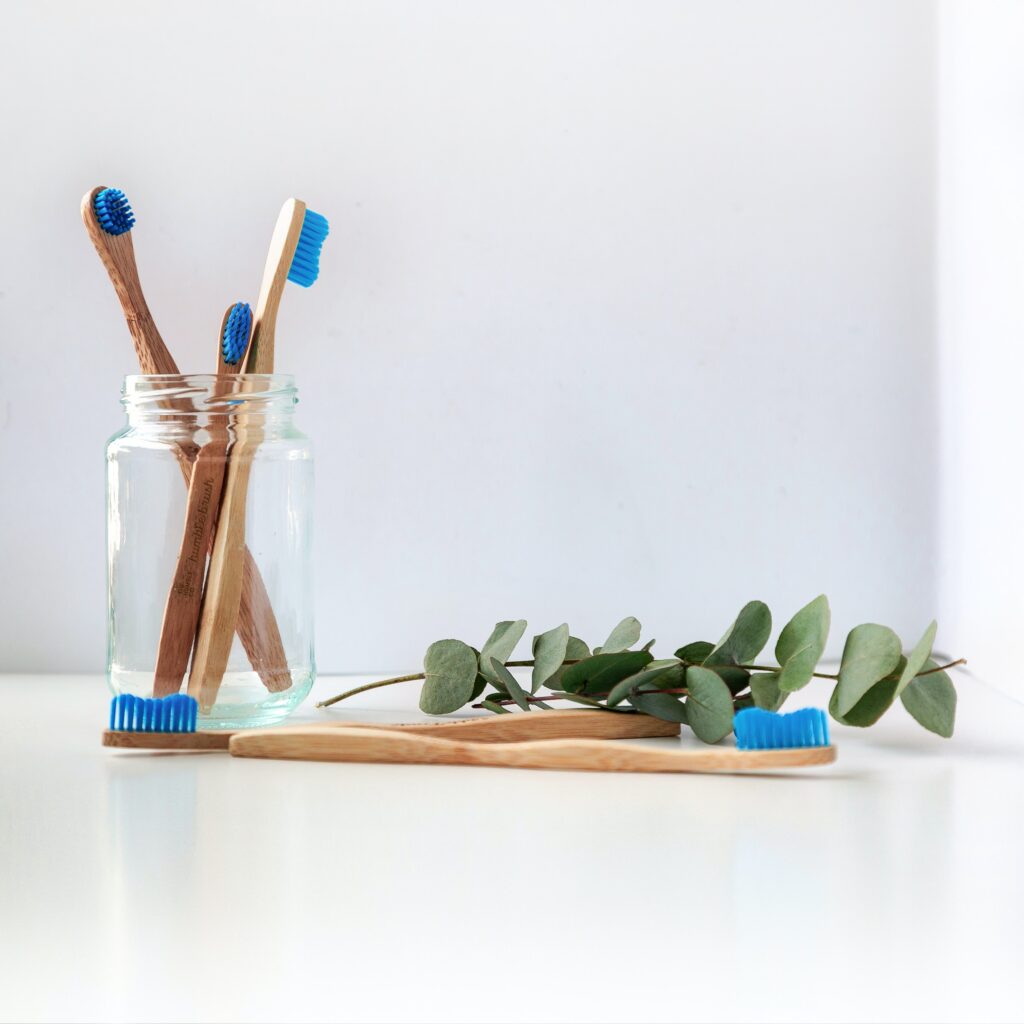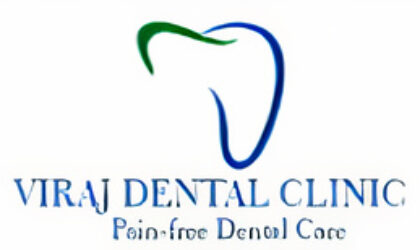When Should I Change My Toothbrush?
When was the last time you got a new toothbrush? We discard expired foods, replenish vitamins and supplements, and replace beauty products regularly. Still, when it comes to health and beauty, our dental hygiene doesn’t receive the same amount of attention or thought as other aspects of our regimen. However, there are some essential rules and tips to maintain optimal dental health.

When Should You Replace Your Toothbrush?
The American Dental Association (ADA) and most dentists recommend changing your toothbrush every three months. Brushes suffer from normal wear and tear and become less effective at removing plaque from teeth and gums over time. According to studies, the bristles break down and lose their effectiveness after three months.
Another thing we don’t usually consider (and probably don’t want to think about) is that germs can hide and build up in toothbrush bristles. As a result, it’s critical to replace your toothbrush after a cold to avoid reinfection.
If the bristles are not adequately cared for, fungus and bacteria can grow. After use, thoroughly rinse and dry your toothbrush before storing it uncovered in an upright position and away from other used toothbrushes. When traveling, make sure to cover your toothbrush head to protect it and prevent germs from spreading.
If you can’t remember how long it’s been, look at the condition of your toothbrush head—whether the bristles are worn out, fanned out, or frayed, and especially if you notice dark color changes, which are a sign of mold.
What Happens If I Don’t Replace My Toothbrush Frequently Enough?
Suppose the fact that bacteria and fungus accumulate on your toothbrush bristles over time isn’t reason enough to replace your toothbrush more frequently. In that case, some other risks and unwelcome issues come with not replacing your toothbrush. One possibility is that old toothbrushes become ineffective at removing plaque from your teeth, resulting in gingivitis. Gingivitis, if left untreated, causes infection, which can lead to tooth loss.
Even more unappealing, overused toothbrushes can make you sick (see: bacteria and fungus build-up), your toothbrush can grow mold, and, possibly most unappealing, you can ingest unwanted particles if stored near a toilet.
I don’t know about you, but I’m going to change my toothbrush right now and make an appointment with the best dentist in gaur city for deep cleaning.
What to Look for When Buying Dental Supplies?
During your next dental checkup and cleaning, ask your dentist for recommendations on what you should buy based on your specific needs, dental health state, and so on.
Look for toothbrushes with soft bristles, as stiff bristles damage your teeth and gums, choose a toothbrush head size that touches one or two teeth at a time, use ADA-approved fluoride toothpaste; consider using mouthwash to combat plaque and gingivitis, and don’t forget the floss!
Consider purchasing an electric toothbrush, which will improve oral health beyond what a manual toothbrush can do by removing plaque, reducing gingivitis, and removing tooth staining. They’ve also been shown to reduce the amount of plaque on people with periodontal disease’s teeth.
Do your homework on which products will best meet your needs, and don’t forget to ask best dentist in gaur city dentist for recommendations.
Do you require the services of a dentist? We’d be glad to see you. Make an appointment with the best dental clinic in gaur city.
